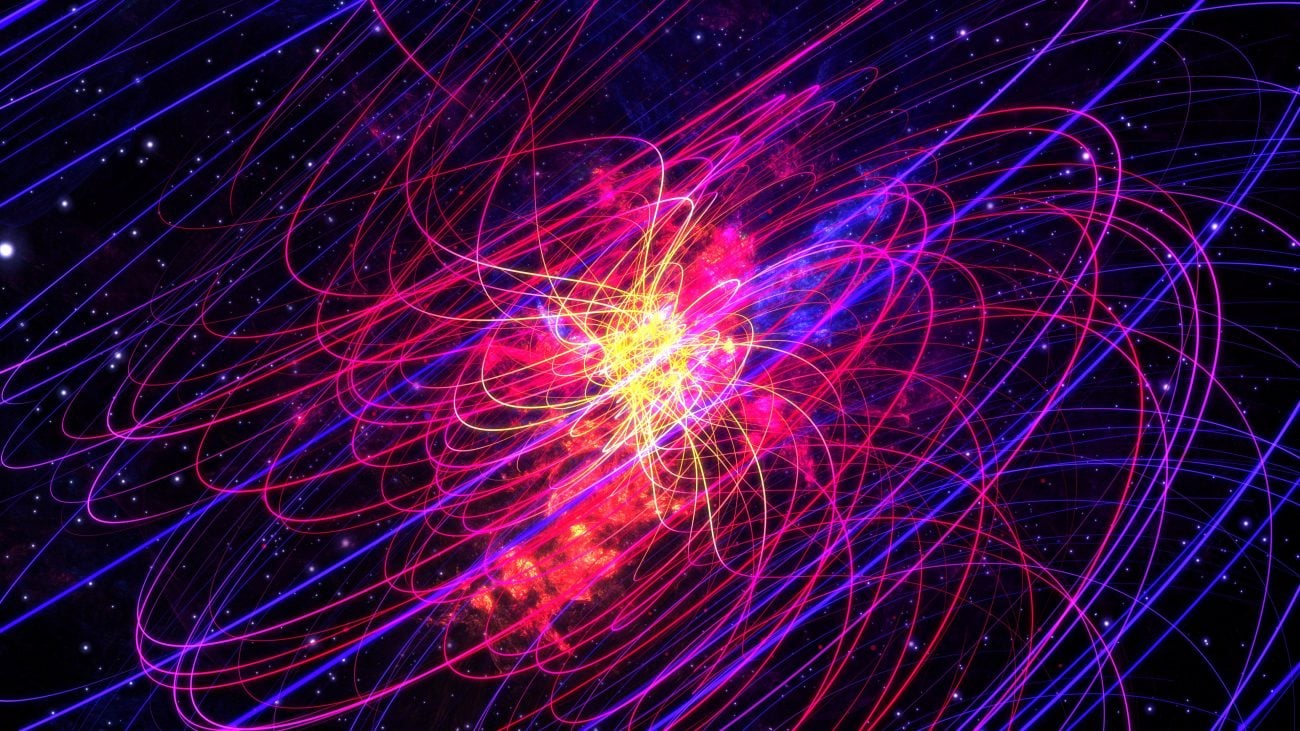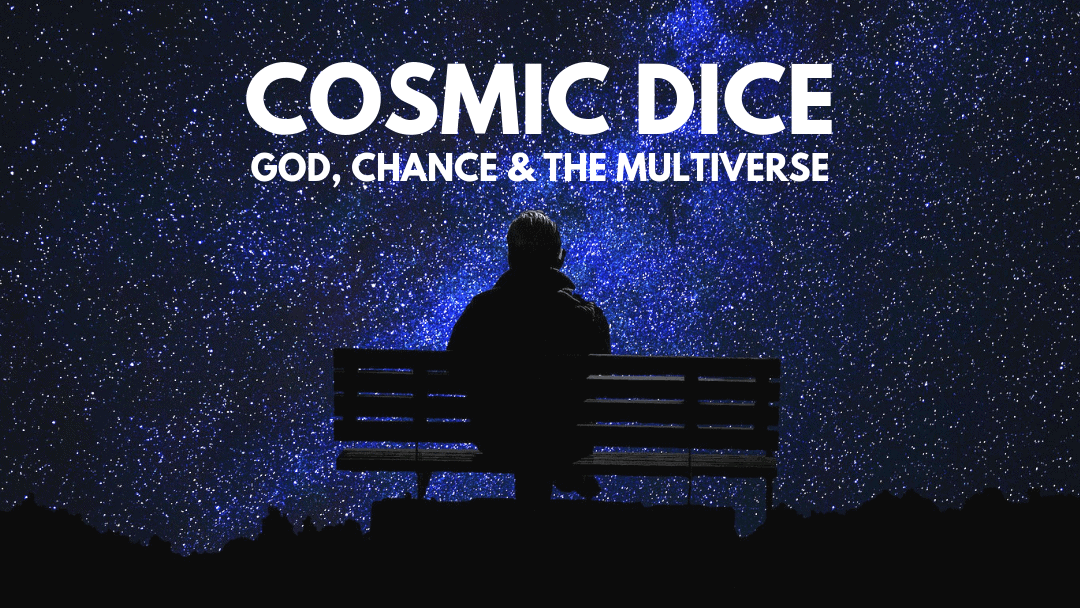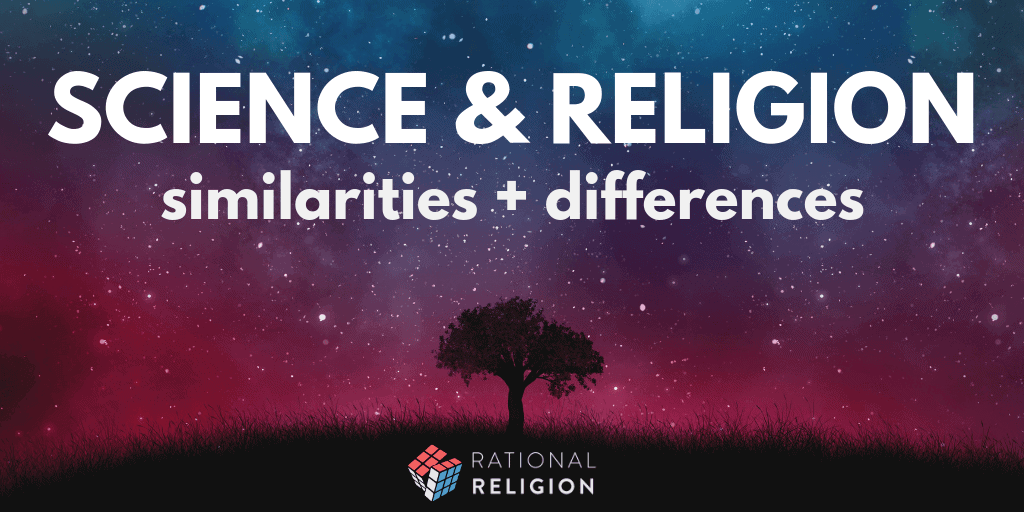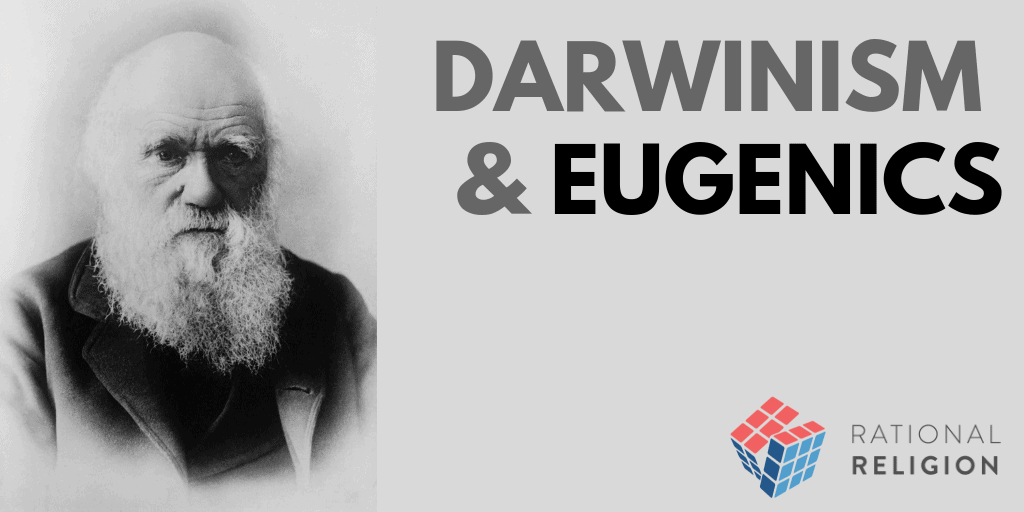By Hamaad Khan
This series will explore the relationship between religion and science, discussing whether the two are compatible or mutually contradictory. The articles in this series will touch upon various strands of science, and discuss whether our modern age of advancements has strengthened or weakened the case for God. Today we know more about the world than ever before in history. Consequently, we ask, should our religious faith be thrown away, or should our conviction in God’s existence grow stronger?
Part 1 of this series, an introduction to the topic, discusses various eminent scientists and analyses their own religious beliefs.
Science seeks to unravel the truth among things that are seemingly hidden. It extrapolates and infers, grappling every unit of information to dissolve a seemingly insoluble problem. In today’s age many believe that test tubes and telescopes have done away with religion—and more significantly done away with God—to such a degree that reserving any belief in a higher authority is incongruent with the times and dare I say it, heretical. Apparently modern scientific advancements have disproved the existence of God, and to attach oneself with the notion is unscientific. This series ‘Can you be a religious scientist?’ will explore this concept.
Many of the leading Western scientists of recent centuries have themselves been firm believers in God whilst making their advancements. Amongst them was Sir Isaac Newton. Newton postulated the notion of gravity, laid down the foundations of classical mechanics and developed calculus as we know it. According to him the universe could not be explained without belief in God. He says:
“This most beautiful system of the sun, planets and comets could only proceed from the counsel and dominion of an intelligent and powerful Being.”
It is not without significance that we have one of the most influential scientific minds of all time arriving at the conclusion that the intricately delicate planetary motions could only have existed and been sustained through a conscious and intelligent mind. It is through the enhancement of our instruments that we have come to understand that the force of gravity which helps to form our planetary systems is exquisitely finely-tuned. If the force of gravity were any greater than it is, more frequent collisions would be inevitable; planets would fail to form and solar systems would be rare. Even 300 years ago, this thought did not escape Newton.
But it wasn’t just Newton. Take an example from more recent times – Dr. Albert Einstein, one of the greatest scientists of the twentieth century. In the writings of Dr. Enfield, a colleague who worked alongside Einstein, he says:
“When he [Einstein] had a new idea he asked himself: could God have created the world in this way? Or is this mathematical structure worthy of God?”.
Putting forth his theories in view of a higher intellect that designed the universe, Einstein too kept his scientific integrity whilst maintaining the idea of a God. He further explains this idea himself as “[the] illimitable superior spirit who reveals himself in the slight details” and “that deeply emotional conviction of the presence of a superior reasoning power, which is revealed in the incomprehensible universe, forms my idea of God”.
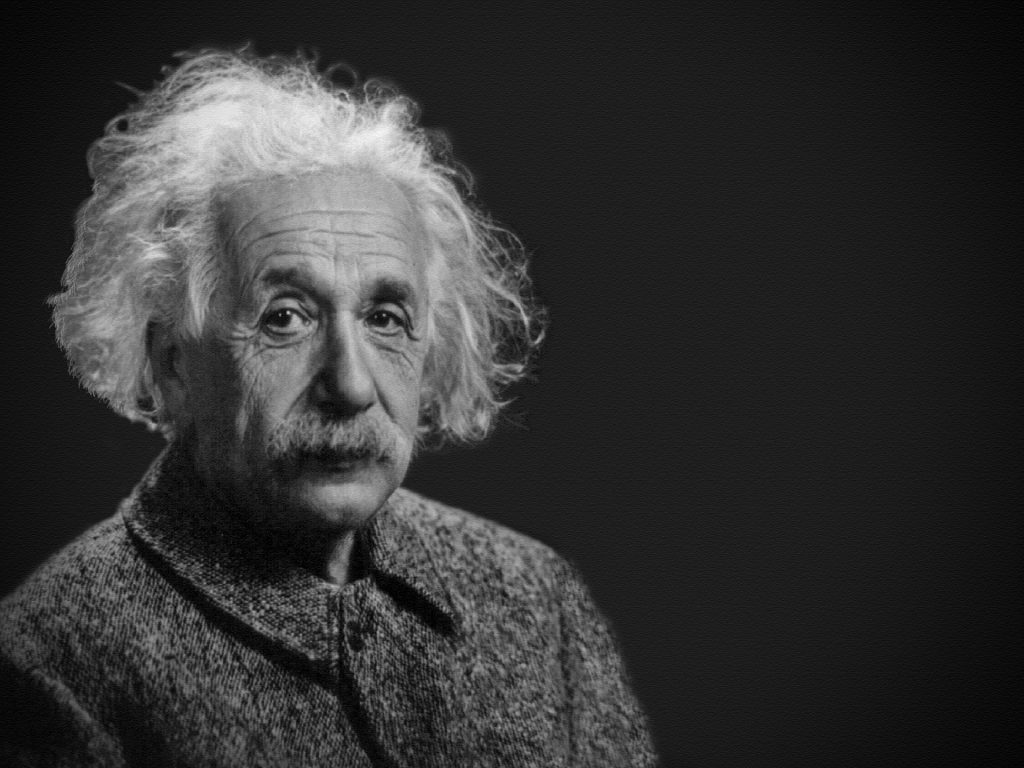
Such words lay bare a false dichotomy between religion and science. If those that understand science the best don’t see it as a reason to disregard God, why should the rest of us? Science and religion are more so two sides of the same coin than mutually exclusive ideals.
From a religious lens, far from being a destroyer of religious faith, science is in fact another avenue for God to be realised and discovered. Islam for one actively advocates its followers to search amongst His creation of the heavens and earth, signs of God’s existence.
“In the creation of the heavens and earth, and in the alteration of night and day, there are indeed signs for men of understanding”
[Holy Qu’ran 3:191]
The study of science is what turns us to men of understanding making it a vehicle to God. Indeed that is why the founder of the Ahmadiyya Muslim Community, Hazrat Mirza Ghulam Ahmad of Qadianas, said:
“It is very essential that in order to serve religion you should acquire the knowledge of the worldly sciences”.






